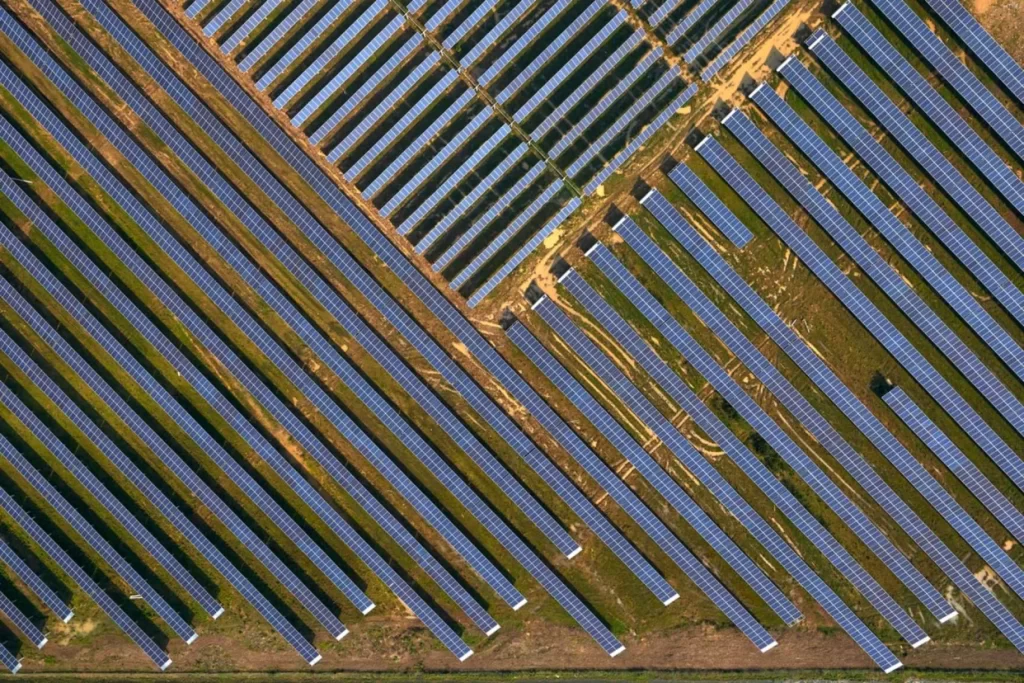
New research by the Fraunhofer Institute for Solar Energy Systems reveals that solar photovoltaics — converting solar energy into electricity — produce cheaper electricity than coal or gas, even when combined with batteries.
The Fraunhofer Institute has been collecting data on the costs of different energy sources, like wind, nuclear, and coal, since 2010. While the name of the institute itself indicates there could always be a component of confirmation bias creeping in for any studies evaluating the merits of solar energy, their findings, summarized by CleanTechnica, show that photovoltaics and wind onshore are the cheapest (while still being effective) ways to produce electricity. The researchers’ data is published on the institute’s website.
Such data indicates technology has made a major step toward normalizing renewable energy as good business, since it shows clean energy is better for the environment and for finances.
Cost is a driving factor in the switch to renewable energy. The cost is already low, and Fraunhofer Institute predicts it’ll continue to drop. This sentiment is well-supported: Per Our World In Data, “within just one decade the price [of solar photovoltaics] declined by 89%.”
Currently, according to the U.S. Energy Information Administration, 60% of our electricity generation is by fossil fuels: gas, coal, and petroleum. Nonrenewable sources of energy will eventually run out, and these energy sources are responsible for pollution that Harvard claims is responsible for one in five deaths worldwide. New research is making it clear that we need to switch soon.
It’s possible. For 100 consecutive days, California was able to occasionally power its entire grid using renewables. The Department of Energy is making things easier for states by awarding several grants dedicated to clean energy advancements.
Still, the switch will take time. Even as we work toward renewable energy, other energy sources remain essential as we transition.
“We need them as an important addition. However, their operation will be limited to the bare minimum,” scientist Paul Müller said in the CleanTechnica article.





























